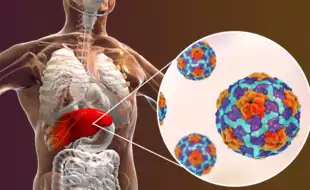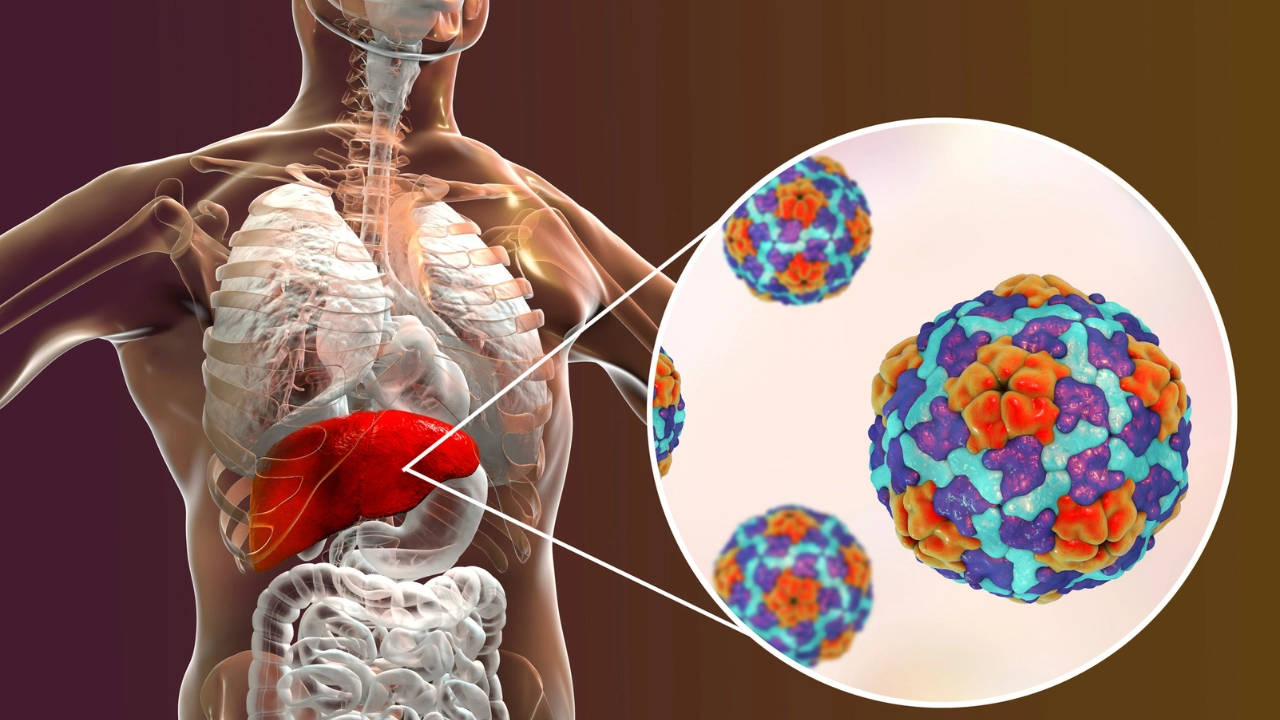Hepatitis is a global health issue, affecting millions of lives worldwide. It medically denotes liver inflammation which is a diagnostic characteristic caused by various conditions such as infections by viruses, overconsumption of alcohol, certain drugs or autoimmune diseases etc.
The liver, being the largest gland of the human body has various important functions to perform but hepatitis becomes destructive for the liver and may lead to liver scarring and even worsen to cancer. The most common cause of hepatitis that exists is viral infection and depending upon the causative virus and transmission mode, viral hepatitis is of five types—hepatitis A, B, C, D and E.
To gain insight into the five types, we speak with Dr Shubham Vatsya, a senior consultant in gastroenterology and hepatology at Fortis Hospital, Vasant Kunj, Delhi.
Hepatitis A
Dr Vatsya says that the causative organism behind this hepatitis, which is typically spread by food and water contaminated with the faecal matter of infected persons, is hepatitis A virus (HAV). “The cause well depicts its prevalence in areas of poor sanitation. Symptoms usually present as extreme tiredness, jaundice, nausea, puking, right abdominal pain or dark yellow urine,” he says.
To prevent it, prefer drinking safe water and practice good hygiene practices. Even HAV vaccines are quite effective prevention strategies.
Hepatitis B
This hepatitis is typically caused by the hepatitis B virus (HBV) and is spread by contact with blood and body fluids such as semen and saliva. “Avoid practises like needle sharing and unprotected sex to prevent this infection. If hepatitis B becomes chronic, it can be damaging to the liver and even progress to cancer,” Dr Vatsya says.
The symptoms are identical to hepatitis A, but may not show in the early stages of infection. According to Dr Vatsya, vaccination is a great aid in preventing this infection and is usually given to newborn babies.
Hepatitis C
“Causative organisms being hepatitis C virus (HCV), hepatitis C is caused by blood-to-blood contact such as blood transfusion and needle sharing. Mostly it becomes evident when the liver is seriously damaged, giving it the term ‘silent epidemic’,” he says. Chronic hepatitis C is one of the most common causes of liver cancer and remains asymptomatic for many years until the condition has already worsened. “Most effective treatment is usage of antiviral drugs such as direct-acting antivirals (DAAs). There is no known vaccination for hepatitis C to date,” Dr Vatsya says.
Hepatitis D
Hepatitis D is one of the most serious forms of hepatitis that severely damages the liver, progressing to liver failure. According to Dr Vatsya, “Microorganism behind this is hepatitis D virus (HDV). The seriousness of this infection is its coexistence with hepatitis B, so those infected with HBV should be extra careful. This hepatitis has fewer treatment options available and shows extreme symptoms of jaundice, tiredness, nausea, right quadrant abdominal pain and dark-coloured urine.”
Hepatitis E
Transmitted by hepatitis E virus (HEV), this hepatitis type is spread from contaminated food and water and is more prevalent in areas with poor hygiene and sanitation. “Symptoms remain similar to hepatitis A and mostly it is an acute infection only. The only treatment needed is adequate rest, water intake and a good diet,” Dr Vatsya says.
Get Latest News Live on Times Now along with Breaking News and Top Headlines from Health and around the world.

